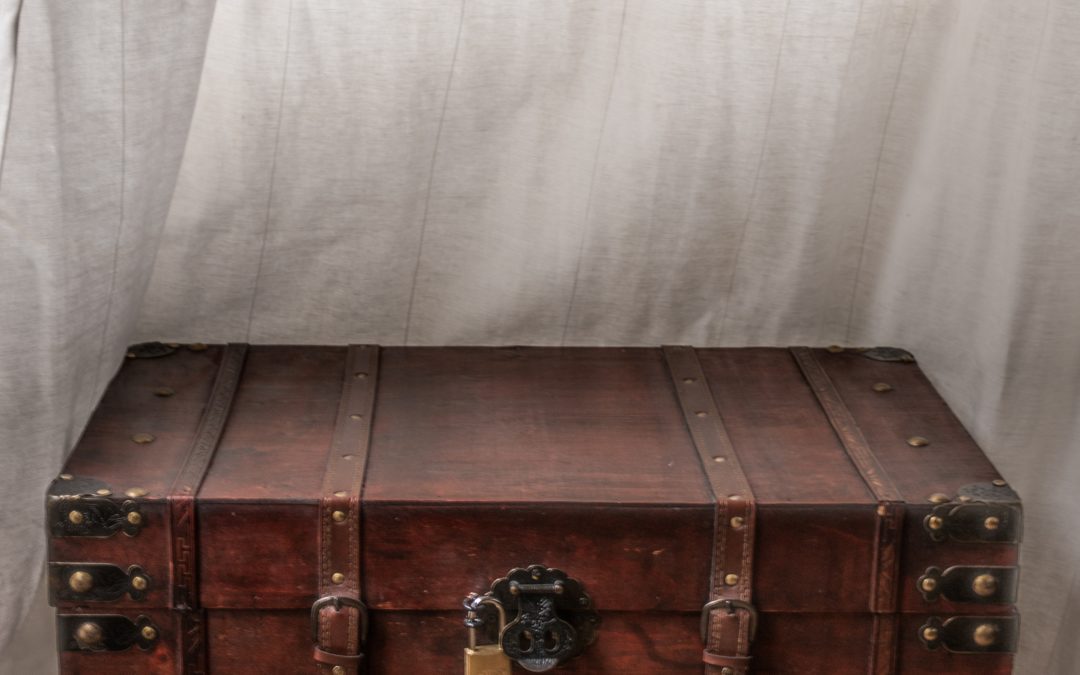While saving money is good, there are times when not to be thrifty. Sometimes what you really want is the good stuff, or the cheaper alternative that simply doesn’t work. Not every substitution works for everyone. Crafters if anything underprice their wares, so I wouldn’t question their prices or try any tough negotiation strategies. There are times when the price is a price for a reason, and thrift alternatives won’t work. While this isn’t the majority of the time, accept with grace when this happens.
The intent of this series is to give people choices. My hope is that someone will read through this and say “maybe I don’t need that big expensive vanity piece that doesn’t actually serve my needs after all”. Or will look at the tips given and decide to invest time rather than money to create what is it they really want and/or need. After deciding what is not necessary and what is negotiable, you are often left with the non-negotiable. Then you can take the money you saved from using this information, and put it toward buying that one nice thing that makes your heart sing. Humans like pretty things, and don’t feel guilty for sometimes wanting pretty things for yourself even if it is out of your current price range.
Set Up a Payment Plan
If it is an item that has to be made, most crafters will want a down payment to cover materials (and make sure they aren’t left holding the bag), then be paid in full before the item ships. The amount in between can often be split up into separate payments. Most are willing to work with you, and making things by hand take time, so you can look at spreading payments out enough to be able to cover the full price.
Use Elements of Other Items They Sell
When I was pregnant, I wanted to get a Brigid necklace. At a Ren Faire I found a necklace with a Brigid cross, but that was the only part of the necklace I actually liked. I asked the vendor “Can I order a necklace with the Brigid cross, but with these acorns, and red and orange beads like that one?”
The vendor said “sure”. It turned out it was the crafter that day. She pulled out her container of beads, proceeded to make me the necklace right in front of me, and charged me the same amount as the necklaces she was selling.
A lot of crafters are willing to change small details like color, or swap different elements of their pieces because it is something they already know how to do and have the materials to make. I admit the previous example has some luck involved—the maker was there, and she had all the supplies I was asking for. Plus a necklace is relatively easy to make on the spot in a few minutes. But most won’t charge you more for something that isn’t technically a custom piece. Don’t be afraid to ask, as long as you are polite.
Save the Money you Save
Whenever you save money using thrift, set aside a little of what you save. Every time you go to the dollar store for pagan goods, take a dollar and keep it in an envelope in your pagan box. Or look up the full price of an item when you buy it used, and put the money you saved in your pagan envelope. There is also the classic take a small amount of each paycheck and set it aside. Even if it is small, over time it will add up. If you don’t consciously set aside the money you intend to save, it is too easy to find something else to spend it on. That is why keeping saved money separate from spending money is always a good idea.
“I Want That!”
It happens to us all. You will be on some errand or at some event, and the message comes through bright as day “I want that!” It is inevitable when you have a relationship developed with whatever you decide to work with. If the item is out of your price range, it is within your right to set boundaries. Say “If you want that you are finding the money to pay for it.”
Expect to get a one time windfall, like a gift card for filling out a survey or a chance present. Or there might be a flash sale on that particular item. Whatever happens, once it is in your ability to purchase, keep your end of the bargain and get the bauble. Keeping our gods happy is always a good idea.
Thriftyness, while good and useful, is not for every circumstance. Learning to be wise with money and when you need or want the best quality is also a part of discernment and improving practice. Always remember money is a tool, not an ends of itself.

